We are optimistic as spring is in bloom and many of the annual filings and reports are behind us. We hope you enjoy this edition which is full of developments for you to consider as you focus on keeping pace in 2021. Please reach out with feedback. We love to hear from our readers.
Fintech
The consensus continues towards seeking more certainty with regulation and enforcement in the virtual asset sector: Former SEC Chairman Jay Clayton on regulation of digital assets; UK regulators announce increased enforcement to combat market manipulation.
Read this Stablecoin white paper to learn more about this growing digital asset class.
How will a T+0 environment change your compliance risk assessment? Learn more about this amazing development. T+0
In the 2021 FINRA Report on Examination and Risk Monitoring Program, FINRA highlights emerging cybersecurity risks, exam observations and effective practices. It may not be a surprise that this topic should be a priority for your compliance plan. One of the take aways from the report is an increased number of cyber or technology related incidents including: - System outages;
- email and account takeovers;
- fraudulent wire requests;
- imposter websites; and
- ransomware
SEC Division of Exams highlights SAR risks: Read this new RISK ALERT “Compliance Issues Related to Suspicious Activity Monitoring and Reporting at Broker Dealers.”
SEC DEVELOPMENTS
SEC Alleges No Basis for 506(b) Exemptions and Material Misrepresentation
SEC v. Jason P. Wooten; Ronald Steven; Family Tree Estate Planning, et. al. The SEC filed a complaint alleging the sale and material misrepresentations of investment funds offered to more than 550 investors. It alleges the offering did not qualify for a Rule 506(b) exemption as the investors were neither accredited nor sophisticated. A reminder to add onboarding to your compliance testing plan to confirm there is a strong eligibility process. SEC Alleges Materially Misleading Fund Statements
SEC v. Paul Haarman, Patrick Duke and APEG Energy GP, LLC. The SEC has filed a complaint alleging factual misrepresentations and omissions in offering documents, and written and oral communications concerning limited partnership securities in an investment fund. The statements included that the fund offering “guaranteed returns with no risk”. Allegations also include misrepresentations about biographical information including exaggerated expertise. This is a good reminder to confirm all bio information to make sure credentials are not overstated. Marketing Compliance FAQs – Changes to Advertising and Solicitation Rule
SEC and the Dark Web – A Gentlemen’s Insider Trading Forum on the Dark Web
In the first of its kind, the SEC Filed an action involving alleged securities violations on the dark web. The SEC charged the defendant with perpetuating a fraudulent scheme to sell what he deemed “insider tips’ that he falsely described as material, nonpublic information from insider trading forum or corporate insiders. Contemporaneous vs. Edited Notes
In re David B. Tysk, addressed the issue of making contemporaneous notes and carefully editing such notes. As in this case during regulatory investigations, regulators may assume editing of notes is inappropriate. One take away from the case is to carefully respond to all requests and use a caveat such as “based upon information and belief” to preserve the ability to explain responses were in good faith. Another take away is to reminder to understand and, when appropriate, consult with any tech provider to make sure you understand the features for version control, archiving and storage. Ultimately, in this case the charges against the defendant were dropped but there was a lot of time and money spent to litigate whether revisions to notes were inappropriate. This case also raises interesting questions about record retention policies and whether policies should mention editing is permitted when version control protocols are implemented. ESG
Guest Column
by Courtney Lang
The SEC cultivated a fertile regulatory environment for ESG investing throughout the first quarter of this year. Of the five ESG regulation wish list items laid out by Bhakti Mirchandani in January, the Biden Administration has delivered on three: - The DoL Employee Benefits Security Administration released an enforcement policy statement on ESG investments, proxy voting by employee benefit plans. The statement encourages ESG investment by declaring that the previous final rule under the Trump Administration had a chilling effect on ESG integration in investment decisions and did not align with the present public health obstacles posed by climate change.
- The SEC released a Statement on the Review of Climate-Related Disclosure, stating plans to review the extent to which public companies address the topics identified in the 2010 guidance on the materiality of climate change, assess compliance with disclosure obligations under the federal securities laws, engage with public companies on these issues, and absorb critical lessons on how the market is currently managing climate-related risks.
- The SEC created a Climate and ESG Enforcement Task Force to develop initiatives to proactively identify ESG-related misconduct, starting with identifying any material gaps or misstatements in issuers’ disclosure of climate risks under existing rules.
The remaining two items are in sight:
- SEC Division of Corporate Finance acting director John Coates signaled that the SEC may be in favor of the IFRS Sustainability Standards, a single global reporting framework.
- Senate Banking Committee Chair Sherrod Brown introduced a joint resolution to overturn the amendment made to SEC Rule 14a-8 under the Trump Administration that would strip power from smaller shareholders. To overturn this recently adopted rule, both houses of Congress must vote in favor and President Biden must sign.
Additionally, Marty Walsh was confirmed as Secretary of Labor. The senate confirmation vote will take place on the week of April 12th for Gary Gensler, nominee for Chairman of the SEC. If Gensler is confirmed, he will inherit a contentious SEC agenda, not least of which will include SPACs. Reuters recently reported that the enforcement division of the SEC sent letters to several large banks inquiring about their SPAC dealings. The banks were asked to provide the information voluntarily, rather than as part of a formal investigation. 



